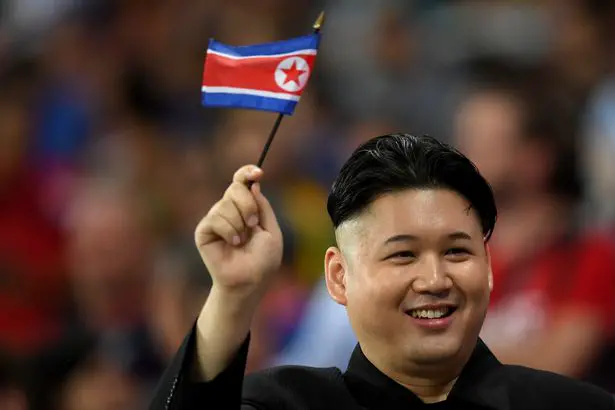Japan's Prime Minister Shinzo Abe said at a forum on Asia's future in Tokyo on Monday that his government is ready to cooperate with China's Belt and Road (B&R) initiative under certain conditions, the Kyodo news agency reported.
Meanwhile, Abe hopes the initiative can be in harmony with a free and fair Trans-Pacific economic zone. Noticeably, it is the first time Abe has publicly shown an overture to the B&R initiative, following his first public declaration that Tokyo would consider joining the China-led Asian Infrastructure Investment Bank (AIIB) in mid-May.
Although the real motives behind the shift from indifference to recognition in Japan's attitude toward the B&R initiative remain unclear, the gradual improvement of Sino-Japanese ties is a major driving force. When the B&R initiative was first proposed in 2013, the Abe administration considered it a Chinese attempt to establish a new world order and hence rejected it. However, as an increasing number of political and financial elites in Japan turn their focus on the B&R and AIIB, the administration has been forced to reconsider both China-proposed multilateral cooperative programs.
In addition, in his meeting with Chinese State Councilor Yang Jiechi on May 31, Abe said that Japan looks forward to further improving and developing its relationship with China. Moreover, Abe expressed his goodwill and desire to hold an official talk with Chinese President Xi Jinping during the Hamburg G20 summit scheduled to be held in July. Abe's intention to mend Beijing-Tokyo relations propels him to become more positive about the initiative.
Abe's shift on the B&R initiative is also associated with Toshihiro Nikai's visit to China. The Secretary General of Japan's ruling Liberal Democratic Party, as well as the head of the Japanese delegation, Toshihiro Nikai participated in the Belt and Road Forum for International Cooperation convened earlier in May. Under the guise of attending the forum and researching the progression of both the B&R and the AIIB, Nikai actually presented a personal letter from Abe to Xi. This implies that the Abe administration's positive stance on B&R is grounded by its review of the initiative and not affected by the decision by the US to send a delegation despite differences with China.
Conversely, Abe has tried his best to avert his own diplomacy becoming "discounted." In fact, Abe dispatched Nikai to deliver a handwritten letter to Xi in May 2015 and 2017 respectively since he began his second term in December 2012 in a bid to seek the amelioration of Beijing-Tokyo relations. This "letter diplomacy" will lose credibility if Abe fails to clarify his stand on the B&R. The authority of the Abe administration is likely to take a hit once the media in Japan and abroad equates Japan's participation in the forum with the delivery of Abe's letter.
Abe's unexpected support for the B&R initiative does not mean Japan will eventually join the initiative. "Under certain conditions" in his speech implies that Abe intends to hold a final say in whether the conditions are ripe or not, which leaves him enough leeway to change his policies in the future. Besides, Japan's post-WWII diplomatic history shows that its diplomatic policies tend to swing from the diplomatic independence championed by former Japanese prime ministers like Kakuei Tanaka and Yukio Hatoyama to the US' affiliation promoted by Shigeru Yoshida, Junichiro Koizumi and so forth. Abe's diplomacy leans pro-American, which can be seen from his high-profile assistance and support to the US' Asia-Pacific rebalance strategy and the Trans-Pacific Partnership (TPP) backed by the Obama administration, as well as his firm support for recent Trump-led airstrikes in Syria. In this regard, unless the US finally joins the B&R, the Abe administration will not make a decision whether Japan will participate the initiative or not.
Whatever real motives lie behind Abe's positive signals on the B&R initiative, openness, inclusiveness, mutual benefit, win-win cooperation and mutual learning should be pushed forward. The initiative will serve as a new platform and testing ground for China-Japan cooperation and common development.
(GLOBAL TIMES)
 简体中文
简体中文

